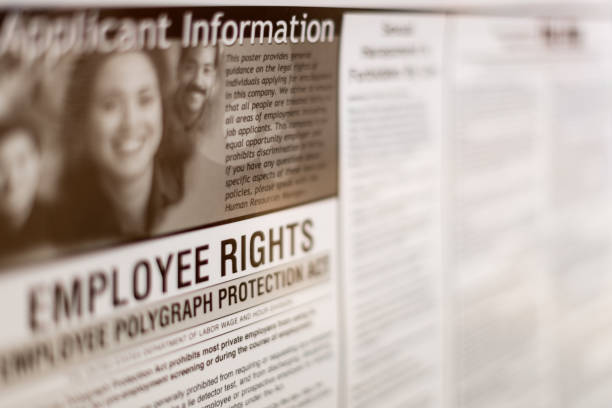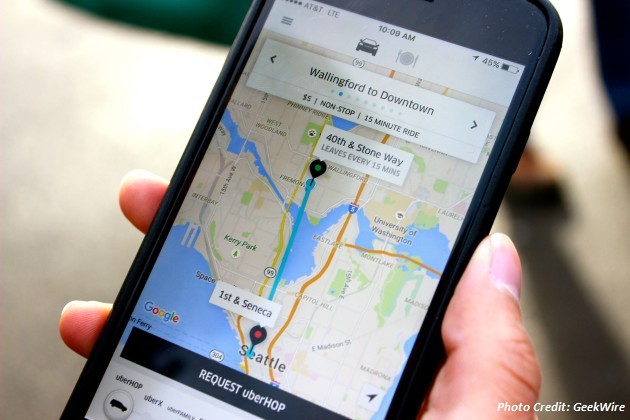Workers can join labor unions. And unions can charge them dues. Some workers are even required to pay a union in order to hold certain jobs.
Union membership is a good option for many workers whose ideals line up with a union that represents their interests. There is strength in numbers. However, membership is a bad deal for workers represented by a union with which they disagree about political donations, workplace details or treatment of a worker’s employer.
Thanks to the U.S. Supreme Court’s 2018 Janus ruling, public workers — employed with taxpayers’ dollars — are not required to join unions. They can opt out. (Learn more about how to exercise Janus rights at Opt Out Today.) Still, many public workers don’t know about their options. One of the things keeping workers in the dark is public employers playing the role of dues collector for unions.
A bill passed last year in Arkansas is one that Washington state lawmakers should add to and propose, pass and send to the governor of our state. The Arkansas law prohibits school districts from deducting dues from employees' paychecks. Educators can pay a union on their own, of course. The new law also requires union member applications to contain a notice letting public workers — again, paid by taxpayers — know of their “rights to join or refrain from joining a labor organization.”
Earlier this year, I studied what information public workers are given about their right to join or refrain from a union from the state and federal governments. It isn’t awesome.
Information about Janus rights is absent from a Washington State Department of Labor and Industries web page devoted to workers’ rights. The web page does highlight overtime, paid sick leave, minimum wage, meal periods, rest breaks and how workers can file workplace complaints. On the web page, bold letters proclaim, “Workers are protected by laws and rules covering workers’ wages, working conditions, overtime pay, and prevailing wage on public works construction projects,” while leaving out any mention of what Janus rights mean for public employees’ wages and working conditions.
Posters issued to employers to display in workplaces where workers can read them also fail to mention anything about employees’ right to join or refrain from joining a union.
The U.S. Department of Labor has hundreds of A-Z listings. Entries on “Janus rights,” “worker right not to join a union” or other likely terms and phrases that would provide information about the right to leave a union are absent. There was information about “union elections,” “union finances,” “union records” and the rights of union members. And a Department of Labor form called, “Your Rights at Work,” does not include information that union dues should be voluntary, not compulsory.
The main headline and link on the homepage for the U.S. Department of Labor, dol.gov, says, “Interested in unions & collective bargaining? The Worker Organizing Resource and Knowledge (WORK) Center has resources that can help.” The government provides inducement to join a union, but it hides information on how to leave a union. (Read more in my policy paper, “Washington state should stop collecting dues for unions and help protect worker rights instead.”)
Keeping workers in the dark aside, state taxpayers should not be on the hook for the administrative expenses associated with union billing tasks. Public workers don’t have government employers taking money from their paychecks and giving it over to a public utility, mortgage lender or Netflix. Governments shouldn’t be a bill collector for unions, either.
Public employees should pay union dues just as they do other personal bills, and the state should help protect an employee’s right to join or not join a union.





